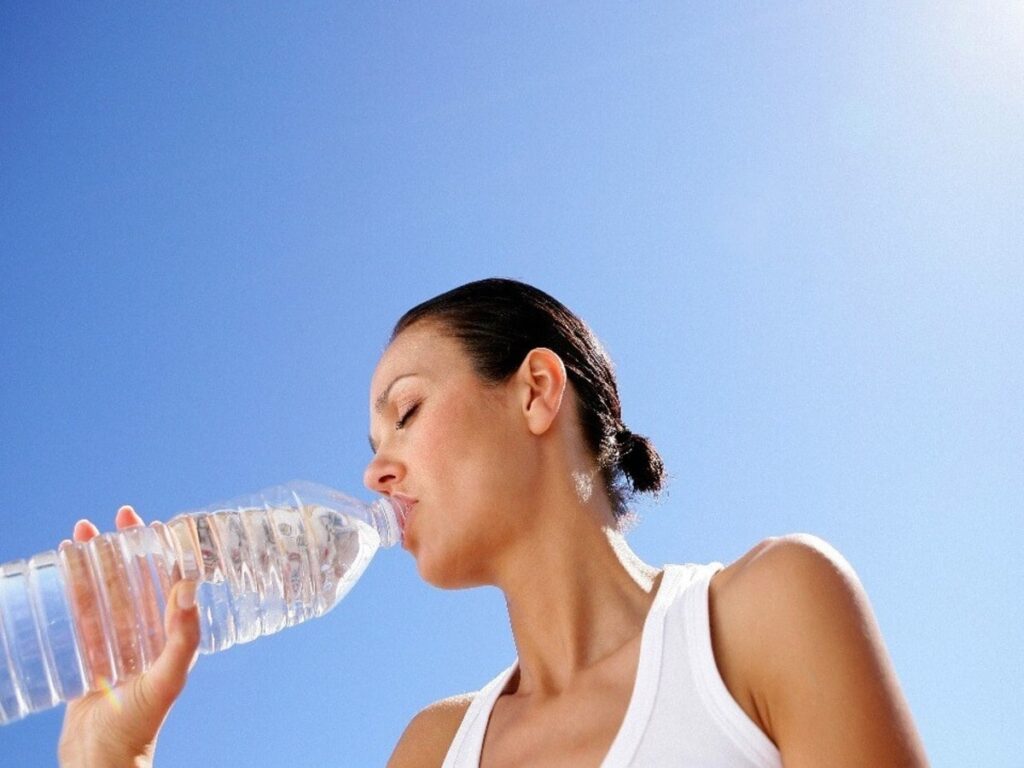If you prefer drinking water straight from the bottle, it’s important to be aware of the potential side effects associated with this habit. While it may seem like a harmless practice, there are consequences that can affect your health. This article will explore the drawbacks of drinking water directly from a bottle and will provide useful tips on proper hydration methods.
Understanding the Side Effects of Drinking Water from a Bottle
Drinking water from a bottle may seem convenient, but it can lead to several health issues. Here are some of the side effects to consider:
1. Bacterial Contamination
Frequently putting your mouth on a water bottle can introduce bacteria from your mouth back into the bottle, contaminating the water. Over time, bacteria can multiply, leading to potential health risks.
2. Poor Hydration Practices
Drinking water from a bottle may encourage rapid consumption, leading to inadequate hydration. When you rush through hydration, your body may not absorb water efficiently.
3. Misleading Perception of Hydration
Drinking straight from the bottle can give a false sense of hydration. Individuals may not realize how much water they’re actually consuming or may mistake thirst for hunger, leading to overeating.
4. Environmental Impact
Using single-use plastic bottles contributes to environmental pollution. Even reusable bottles need regular cleaning; otherwise, they can harbor germs and bacteria.
Proper Techniques for Drinking Water
To ensure that you are drinking water in a healthy way, consider the following methods:
1. Use a Clean Glass or Cup
Instead of drinking directly from a bottle, pour the water into a clean glass or cup. This helps prevent bacteria from transferring and allows for a more mindful drinking experience.
2. Hydration Reminders
Set reminders throughout the day to drink water gradually rather than gulping it down all at once. This approach helps with better absorption and metabolism.
3. Invest in a Quality Water Bottle
If you prefer using a water bottle, choose one that has a wide mouth for easy cleaning. Stainless steel or glass options are preferable as they do not leach chemicals and are easier to sanitize.
Key Takeaways
| Aspect | Description |
|---|---|
| Health Risks | Bacterial contamination, dehydration, misleading hydration |
| Proper Practices | Use cups, stay mindful, maintain clean water bottles |
| Environmental Concerns | Reduce plastic waste with sustainable choices |
In conclusion, while drinking water directly from a bottle may seem convenient, it is essential to consider the health risks and environmental impact associated with this practice. Adopting proper hydration techniques not only enhances your health but also encourages more mindful consumption of water. By making small changes, you can positively influence your hydration habits and overall well-being.
